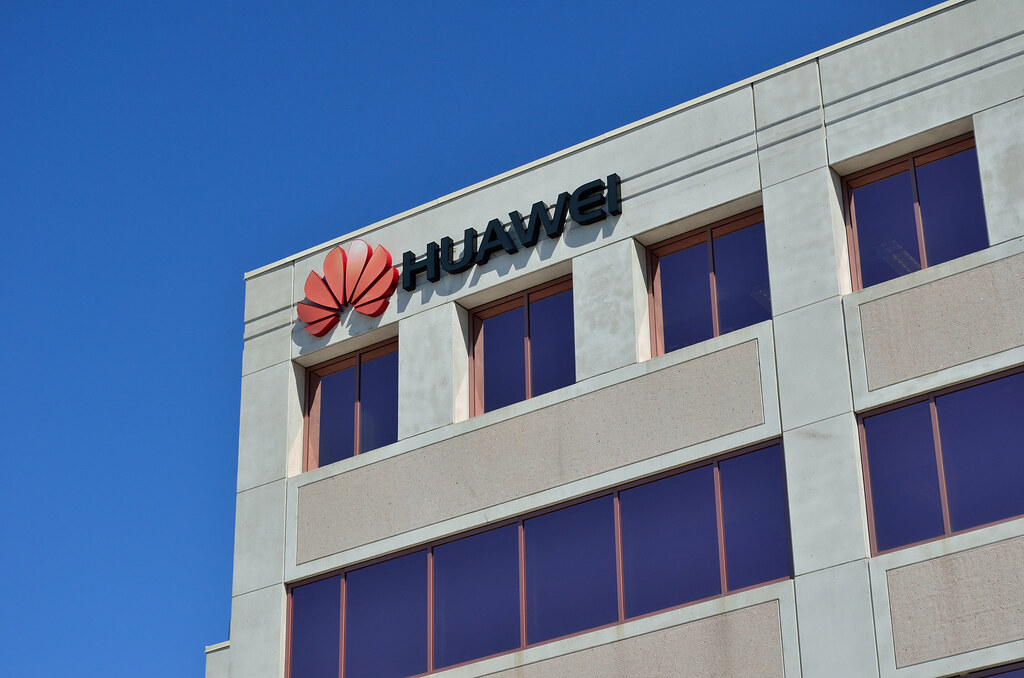The Chinese technology giant Huawei is blacklisted in the United States due to national security concerns. However, the company is one of the most powerful information and telecommunications technology players in Africa. As Huawei’s influence in Africa continues to grow, so do concerns about privacy violations and data breaches.
In December 2018, Canada detained Meng Wanzhou, a top executive at the Chinese technology giant Huawei, at the request of the United States for allegedly violating the terms of the Iran sanctions. The U.S. government has long expressed national security concerns about Huawei for its role in spying on its clients through electronic back doors, a means by which a third party can secretly access data shared between two consenting partners. This May, Huawei was included on a blacklist of entities with which U.S. companies can’t do business without prior U.S. government approval. And although the full implementation of the ban has been delayed, Huawei’s presence in the United States is extremely limited.
This is not true of Huawei’s presence and influence in Africa, where China is associated with foreign assistance and investment needed to fuel the continent’s economic growth. Founded in 1987, Huawei is a product of the Chinese government’s investment into private technology companies. Huawei’s global presence is a huge piece of China’s “going out” policy, initiated in the late 1990s and in effect today, which encourages overseas investment by Chinese firms. Africa has proved fertile ground for this Chinese investment.
In Africa, Huawei competitive pricing has made it the leading telecommunications provider, with the firm accounting for up to 70 percent of the continent’s 4G networks. In Kenya and other countries in Africa and around the globe, Huawei operates a program called Seeds for the Future, which develops local information technology (IT) talent and promotes interest in the information and communications technology (ICT) sector. The program provides participants with language and IT training at top Chinese universities and the company’s Shenzhen headquarters, and it is positively received in Africa.
But concerns about Huawei in Africa are rising. In 2012, Huawei built the telecommunications networks for the African Union’s (AU) headquarters in Addis Ababa, Ethiopia. In 2018, the French newspaper Le Monde reported that the computer servers at the AU transferred data to undisclosed servers in Shanghai every night for five years. In spite of this reported breach, the AU deepened its relationship with Huawei this June. Similarly, in 2015, Huawei was awarded the contract for the Nairobi, Kenya, “smart city” project: a government-managed communications network that installed several hundred surveillance cameras linked to police offices in and around Nairobi. Many Kenyans have expressed concerns that the government could use the technology to spy on the population.
In South Africa, Huawei partnered with the local mobile operator Rain to launch the country’s —and the continent’s — first commercial 5G network. This has raised many concerns regarding user privacy and data protection, with fears that Huawei will create a similar backdoor as in the African Union case and expose users’ data.
Huawei business practices in South Africa are also under scrutiny for the weakness of the technology transfer process between the company and its local business partners. Huawei prefers to sign a type of contract called a managed service contract (MSC) with South African technology firms. These MSCs shift the responsibility of the post-sale maintenance and service management from the local South African operators to the Chinese migrant vendors living in Africa. This limits the technical skills that Huawei transfers to South Africans. The Chinese government also often helps to fund privately owned MSCs, which make them significantly cheaper than contracts offered by American and European companies. And although Huawei does hire locally, it intentionally commoditizes on-the-job-training, skills-building workshops and the regular means of transferring knowledge and skills.
Huawei has been instrumental in delivering cheap telecommunications products to millions of people on the continent who cannot afford more expensive options but often at the cost of network security and user privacy. In order to mitigate Huawei’s negative effects and better protect their citizens, African governments can require stricter regulatory policies, provide more oversight, and demand better technology transfer. As a recent International Republic Institute (IRI) report, “Chinese Malign Influence and the Corrosion of Democracy,” documents, China’s authoritarian government is using increasingly sophisticated techniques to increase its influence, in the process undermining democracies all over the world. Democratic governments and movements in Africa need to be vigilant that China’s economic engagement does not damage the continent’s hard-won democratic progress.
Top